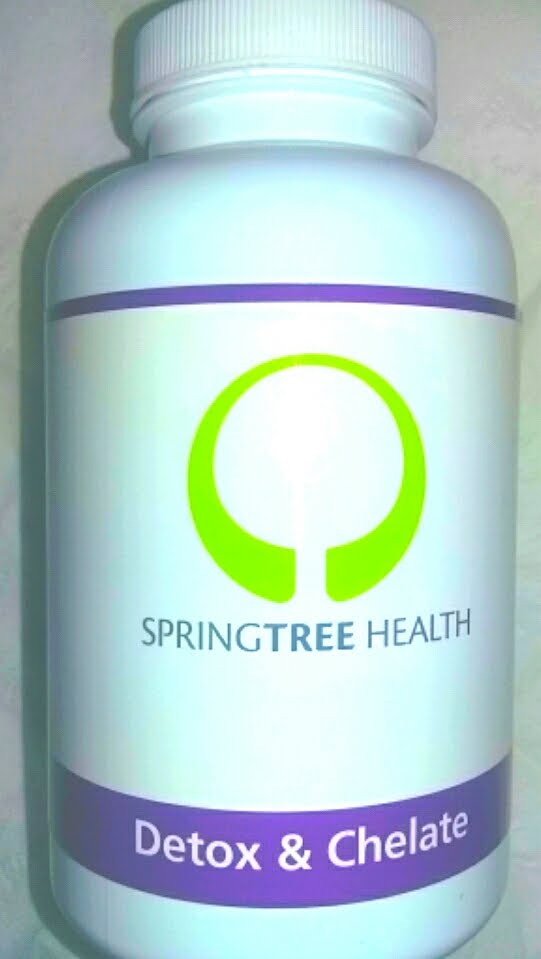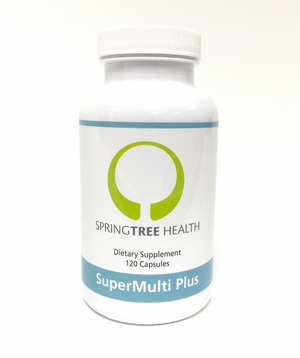

I was in Las Vegas this last week, and in Phoenix the week before. I had the privilege of seeing Marie Osmond in her Las Vegas show with Donny. She was kind enough to see me back stage for a hug before she had to go to a photo shoot, and yes, she was just as beautiful as these pictures show!
I remember hearing her first hit on the radio, Paper Roses. She sang that song in her show, and it was fun to remember. "But they're only...imitation..."
But this blog isn't just about Marie, though I love her dearly; it's about all of the things I learned in Las Vegas at the conference for the American College for the Advancement in Medicine (ACAM) and in Phoenix at the conference for the American Academy of Environmental Medicine. They were both about Autoimmune Diseases, and the speakers at both conferences presented many studies showing the profound effect the pollution in the environment is having on our health.
Below are some of the things that I learned. This isn't just hype but backed by rigorous scientific studies.
Arsenic, a toxic chemical often found at low levels in U.S. public drinking water,usually due to leaching into ground water from pesticides and fertilizers, may increase the risk of developing diabetes, according to a study in the Journal of the American Medical Association (JAMA).
The study showed Americans with high levels of arsenic in their urine were almost four times more likely to have diabetes than those with trace levels. The risk was apparent at levels in the water which were generally considered harmless and grew with increasing exposure.
While previous research showed chronic exposure to high levels of arsenic could lead to diabetes, the new report is the first to show that even levels that meet U.S. regulations may be dangerous. Arsenic in drinking water is also shown to increase risk of heart disease and high blood pressure.
Lead levels in the blood of children are considered safe if they are below 10 mcg/dL. However, a recent study of men of an average age of 67 and an average blood lead level of 2.85 mcg/dL had lead levels taken from bone samples, where lead tends to congregate over time in the body. Those with higher levels were six times more likely to die from cardiovascular disease than those with lower levels in their bone. Their blood levels were not indicative of the amount of lead in their bones. What does that say about children with a blood level of 10 mcg/dL? Other studies also are indicating that there is no safe level of lead.
One study (I'm not sure where it was done), showed that up to 200 chemicals were found in the umbilical cord blood of newborns. Mercury blood levels in cord blood were twice as high as levels in maternal blood. For some reason the levels are concentrated in the fetus.
Pesticides have an estrogen-like effect on the body. Endometriosis has been highly linked to dioxin, which has been banned in this country, but still seems to show up in the blood. There is evidence that young girls with increased pesticide exposure have early puberty. Animal studies have shown that pregnant mothers exposed to these pesticides at specific times during fetal growth have offspring that exhibit same sex attraction.
There are greater levels of autism in the areas of coal burning plants, which emit a lot of mercury. Pregnant women exposed to pesticides also have a higher number of children with autism. Pregnant women who eat a lot of fish have a higher number of children with genetic defects and autism. And the current multidose vial of flu vaccine STILL has thiomerisol in it, which contains ethylmercury.
Up to 60% of the population are gluten sensitive to some degree, but most do not know it. A person has to be off of gluten for 6 months to lose the effects that it has on the body. Even eating gluten once a month can bring back the effects. The effects can be celiac disease, increased allergies, eczema, asthma, cognitive problems, etc.
The elevated levels of gluten sensitivity are thought to be related to several things: the hybrid forms created over the last 50 years are much different than what our ancestors were eating and the high levels of pesticides with heavy metals that are found on the wheat, causing sensitization.
People who are gluten sensitive have much higher rates of autoimmune diseases, especially thyroiditis. A majority of those with autism and ADHD are gluten sensitive.
These are just a few of the things we learned. It seems quite scary, especially when we seem unable to do anything about it. The United States and all of the world has ADHD--poor impulse control. Industry has grown and developed and utilized multiple chemicals without considering the long term consequences of their behaviors. Some of them had no idea what they were creating, many of them were in denial, and some of them knew exactly the risks they were taking for humanity but did it anyway for profit. There is still mostly denial in industry of the effects they are having on their communities and in the world.
But there are things we can do. We can live as clean as we can, drink filtered water, grow our own organic gardens, detoxify ourselves, consider gluten sensitivity and staying away from wheat,etc., be tested for chemicals and heavy metals BEFORE pregnancy by a knowledgeable doctor, keep chemicals out of our homes as much as possible, and be as pro-active as possible in keeping our communities safe. It was the citizens of Love Canal that rose up in arms and finally had their homes moved because of the severe toxicity of the Niagara River. Because of them the Superfund was created to clean up toxic sites. Be aware of what is going on in your community. Be aware of what is in your water and what your home is built on.
Up until now much of industry has been giving us paper roses; promises of safety that are only imitations of reality. They can no longer hold up under scrutiny. They are going to have to do business a different way in order for our children and children's children to survive.
Until we meet again,
Dr. Judi





